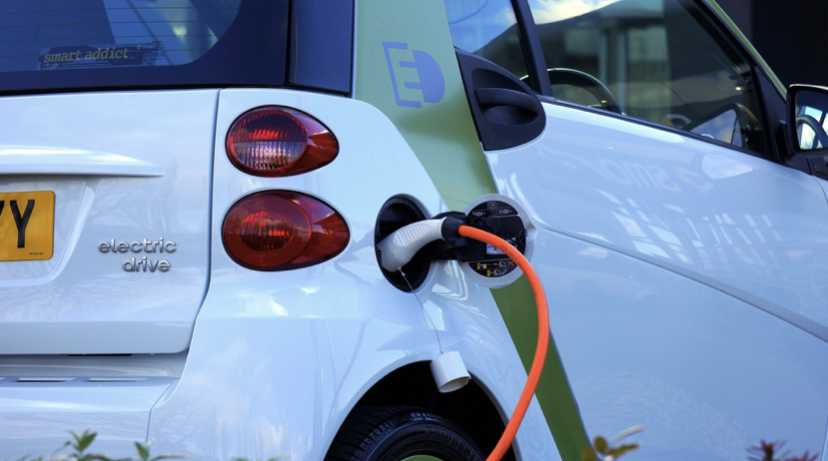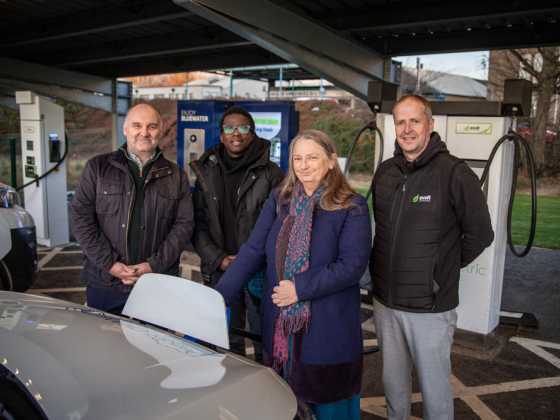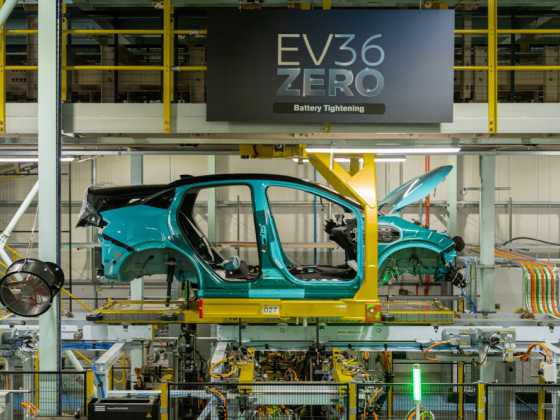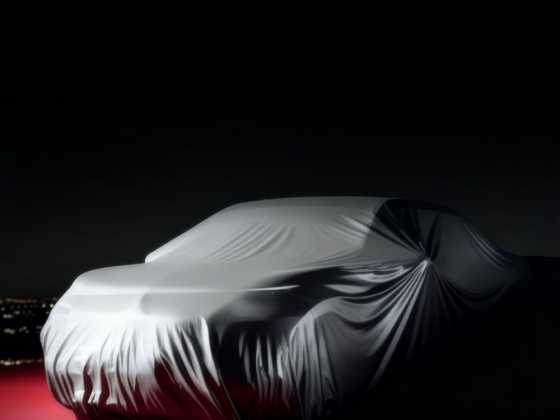Cost to rapid charge an electric car rises by a fifth in eight months

The average price of charging an electric car on a pay-as-you go, non-subscription basis at a public rapid charger has increased by 21% to 44.55p per kilowatt hour (kWh) since September, figures analysed by the RAC’s new Charge Watch initiative in association with the FairCharge campaign show.
The 7.81p per kWh increase, from 36.74p at the end of last summer, means that the average cost to complete an 80% rapid charge of a typical family-sized electric car with a 64kWh battery has increased by £4 over this period, from £18.81 to £22.81 now.
Meanwhile the cost of filling a 55-litre family car from empty to 80% has increased by a huge £14.54 since last September, from £59.67 to £74.21 - a 24% increase.
The RAC’s analysis shows that it now costs on average 10p per mile to charge at a rapid charger, up from 8p per mile last September. This is nearly half the cost per mile compared to filling a petrol-powered family car, the cost of which has risen from 15p per mile since the end of last September to a staggering 19p per mile now. The cost per mile for a similarly sized diesel-powered car is even higher at nearly 21p.
The average price of charging at the quickest ultra-rapid chargers – which have a power output of 100kW-plus and can deliver a charge to a compatible vehicle in as little as 20 minutes – has increased by a greater margin of 16.76p per kWh, from 34.21p per kWh in September to 50.97p in May. This means the cost to charge a vehicle to 80% has risen from £17.51 to £26.10. This, however, is still £48 cheaper than filling a petrol-powered car to 80%, although electric car drivers do not get quite as many miles from an 80% charge as drivers of petrol cars do from an equivalent fill-up of a tank.
While the cost of charging a zero-emission electric car remains good value compared to topping up a petrol or diesel car, as things stand drivers who can’t charge up at home – which could be as many as one-in-three - are penalised by having to pay a higher rate of VAT on electricity than those who can.
The FairCharge campaign is therefore calling for the 20% VAT rate currently charged on electricity at public chargers to be cut to match the 5% levied on domestic electricity, thus making it an easier decision for those who cannot charge at home to switch to an electric car. Doing so would see the cost of charging up at a rapid charger cut by 5.57p per kWh, and at an ultra-rapid charger by 6.37p. This would reduce the cost of an 80% charge by £2.85 and £3.26 on average at rapid and ultra-rapid chargers, respectively.



